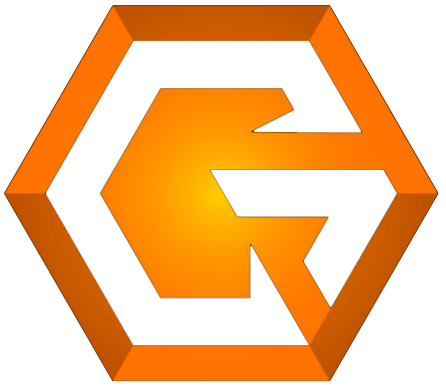Scripts
The script part of GenUI uses the Rust language and is wrapped in the <script> tag in the .gen file.
This document only briefly describes the use of the script part. For specific documents, please refer to: API
Define components
For custom components, we need to use the #[component] macro to declare the component's properties, but not all types are allowed. Types that can be used in properties need to implement the Default trait.
Custom structs and enums need to be annotated with #[prop].
Define component properties
When you want to build a custom struct or enum in a component, you need to use #[prop] to annotate it and implement the Default trait
Define component events
Custom components do not have any events. Events need to be declared using the #[event] macro, and #[derive(Debug, Clone)] needs to be added.
In the example above, we defined two event callbacks:
ClickedChanged
Among them, Clicked does not have any callback parameters, and the callback parameter of Changed is of String type.
Data Binding
We have learned how to define component properties in the previous section, and data binding of component templates is also based on property definitions
In this example, we define the value of the text property of label in MyView. For the bound value, GenUI will automatically generate the corresponding get and set methods.
In this code, the get_txt and set_txt methods are automatically generated.
Methods and callbacks
Methods and callbacks need to be defined in the component structure using impl. In the following example, we define the change_txt method as the callback method for button clicks.
